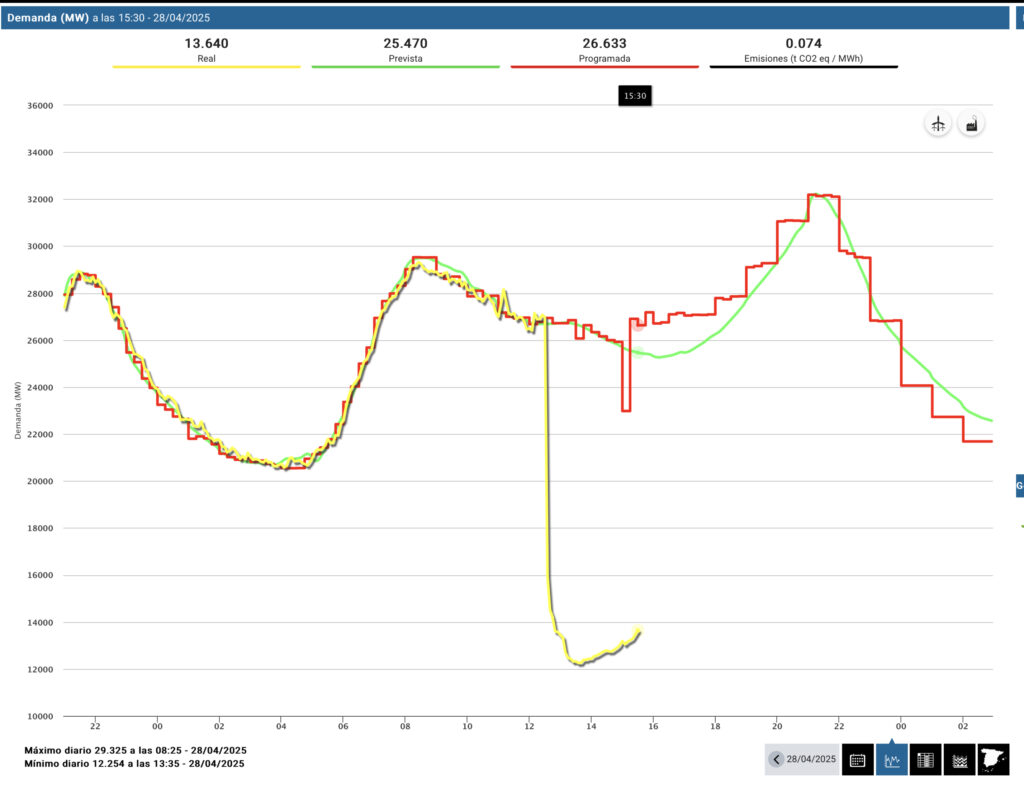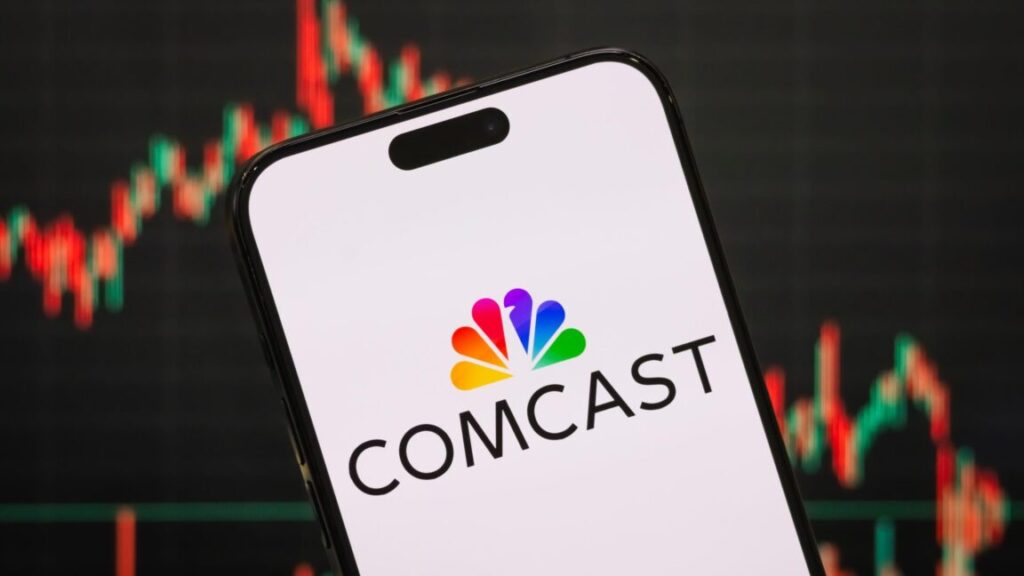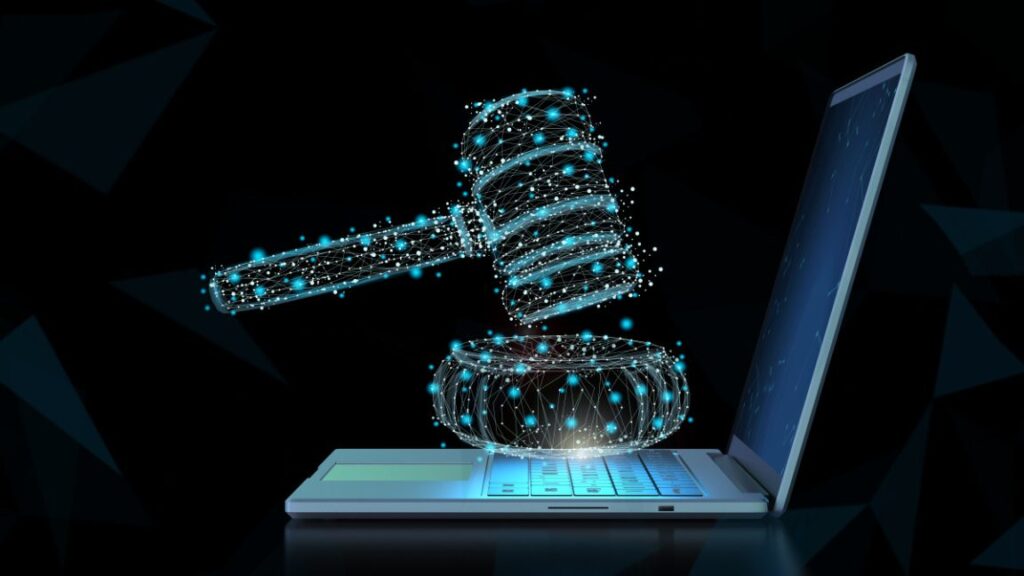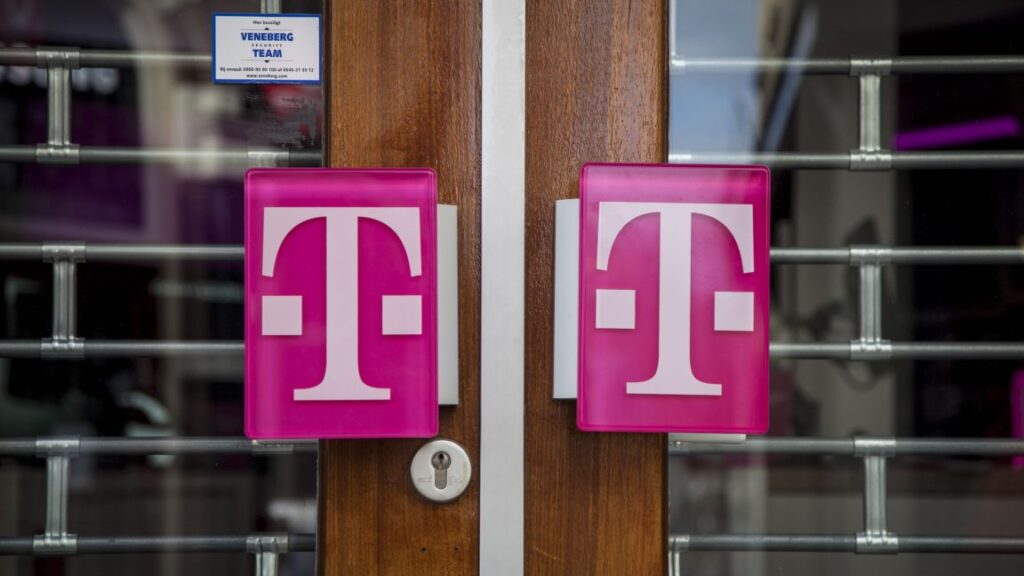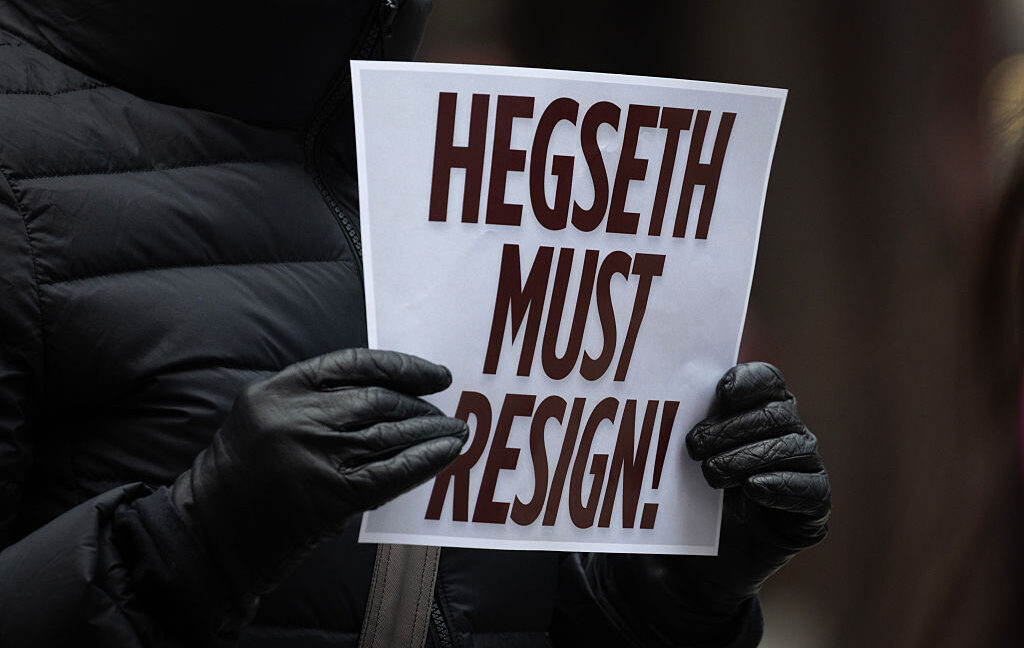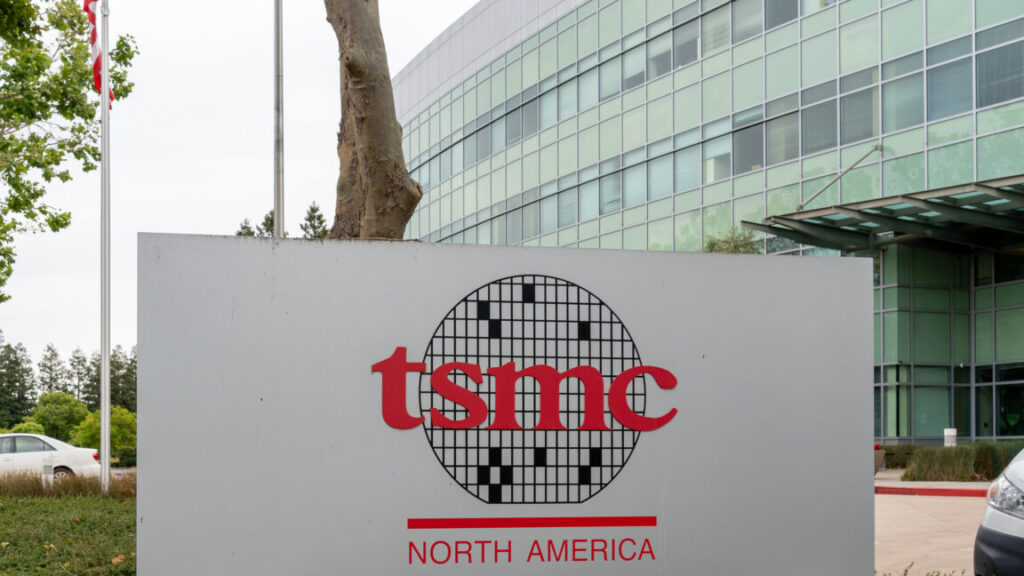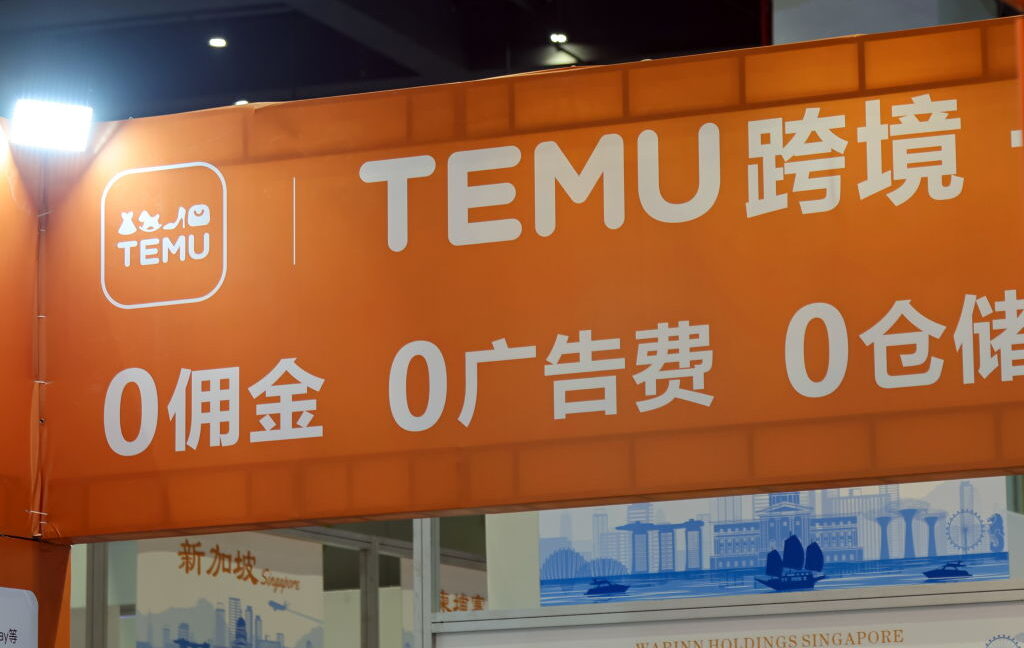Trump’s National Climate Assessment: No funding and all authors cut loose
As part of the Global Change Research Act of 1990, Congress mandated that every four years, the government must produce a National Climate Assessment. This document is intended to provide an overview of the changing state of our knowledge about the process itself and its impact on our environment. Past versions have been comprehensive and involved the work of hundreds of scientists, all coordinated by the US’s Global Change Research Program.
It’s not clear what the next report will look like. Two weeks after cutting funding for the organization that coordinates the report’s production, the Trump administration has apparently informed all the authors working on it that their services are no longer needed.
The National Climate Assessment has typically been like a somewhat smaller-scale version of the IPCC reports, with a greater focus on impacts in the US. It is a very detailed look at the state of climate science, the impacts warming is having on the US, and our efforts to limit warming and deal with those impacts. Various agencies and local governments have used it to help plan for the expected impacts of our warming climate.
But past versions have also been caught up in politics. The first Trump administration inherited a report that was nearly complete; it chose to rush the report out on the Friday after Thanksgiving, hoping it would be largely ignored. The administration did not start work on the subsequent report; as a result, the Biden administration produced a typically detailed report, but it was done slightly behind schedule.
Biden’s team also started preparing the next report (the sixth in the series), which, by law, would need to be completed by 2028. As a result, the second Trump administration inherited a process that was well underway. But in early April, the government canceled contracts with an outside consulting firm that coordinates with the Global Change Research Program and provides temporary staffing to complete the report. This raised questions about whether the report could be completed within its legally mandated timeline.
Trump’s National Climate Assessment: No funding and all authors cut loose Read More »


